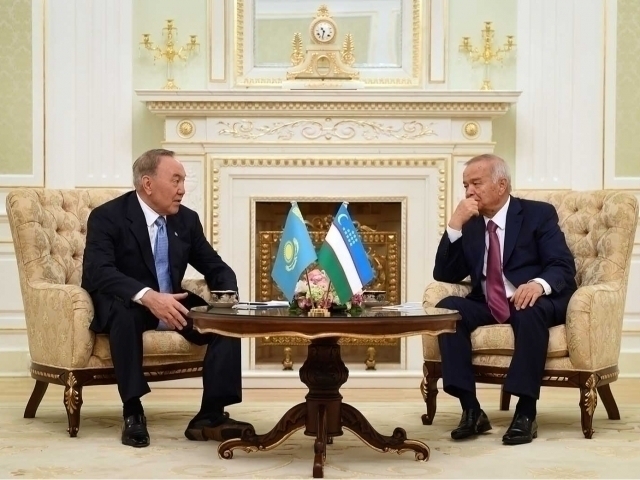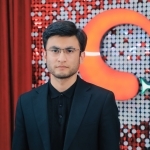What did Nazarbayev and Karimov fail to share? Former US Ambassador George Krol reminisced about the ties between the first presidents
Interesting
−
24 June 2024 55772 2 minutes
George Krol, who served as US ambassador to Uzbekistan from 2011 to 2014 and to Kazakhstan from 2015 to 2018, recounted the tension between the former leaders of Kazakhstan and Uzbekistan, the two key figures in Central Asia.
Krol attempts to portray their disagreements through various encounters and the anecdotes that emerged from them. One notable incident involved a conversation between then US Secretary of State Hillary Clinton and Uzbek President Islam Karimov.
"I remember during a memorable meeting with Secretary of State Clinton, she suggested to Karimov that he consider using his influence to lead the Central Asian region. As usual, Karimov toyed with a bunch of pens in a crystal glass, smiled, and thanked the Secretary of State for the flattering offer. Then he remarked, 'Because of their selfishness, they never heed my words. Besides, my focus is Uzbekistan, not another country,' using one of Churchill's favorite sayings: 'Nations have no permanent friends, only interests.'"
Turning towards the secretary and then to me, he gave his advice in typical Karimov style: "If you want someone to lead Central Asia, ask your friend Nazarbayev. He loves being called a leader," wrote the former ambassador.
According to the ambassador, Karimov harbored a deep-seated animosity towards Nazarbayev. The primary cause of this hostility was "hidden competition". Moreover, the Uzbek leader consistently criticized his Kazakh counterpart for squandering the country's natural resources to gain global attention and create superficial appeal. George Clark also writes that he sensed Karimov considered himself more intelligent and astute than Nazarbayev. However, the fact that Nazarbayev was "preferred" on the world stage was an unbearable reality for Karimov.
The former ambassador further revealed that Nazarbayev had also been critical of Karimov.
"He often claimed to be one step ahead of Islam Karimov on many issues," the ambassador stated. According to him, Nazarbayev asserted that he had connections with Soviet political figures like Gorbachev, unlike Karimov. Nazarbayev knew how to handle foreign leaders, whereas Karimov did not. "Nazarbayev is at ease with people, shakes hands, and jokes around, whereas Karimov is not," Clark remarked.
In summary, former ambassador Clark, who had close dealings with Nazarbayev and Karimov, endeavored in his memoirs to uncover the frosty relationship between these two figures through such small conflicts and incidents.
Live
All
